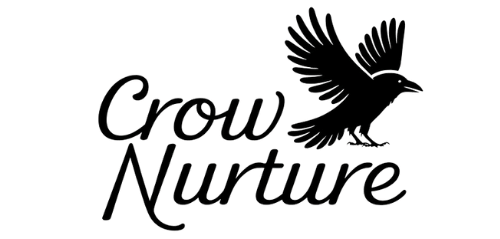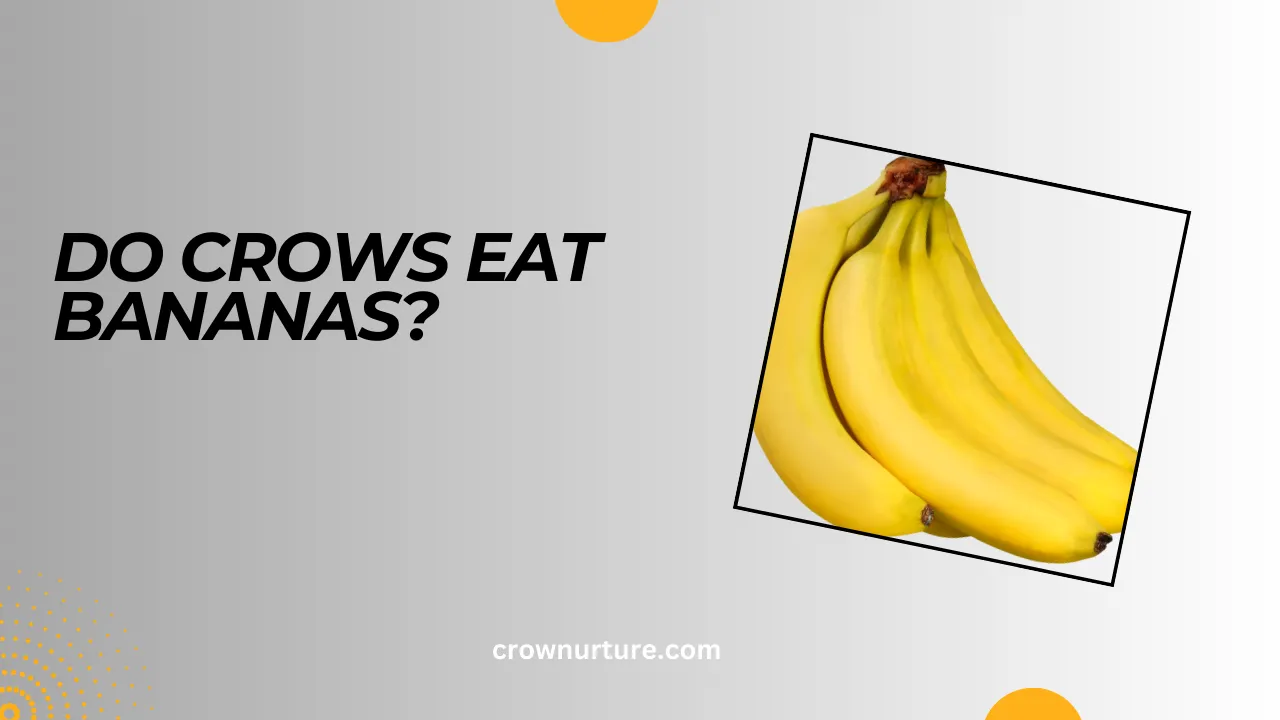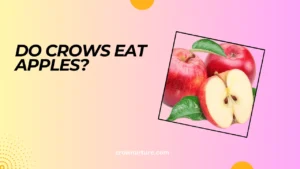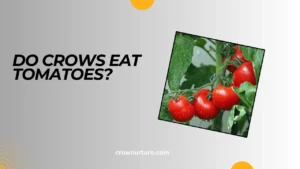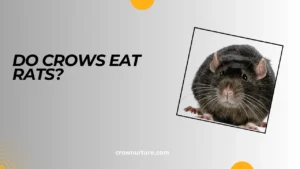Crows are among the most intelligent and resourceful birds in the animal kingdom, renowned for their ability to thrive in diverse environments. They have a remarkably varied diet, eating everything from insects to leftovers from human activity.
But one curious question often arises: do crows eat bananas? This query not only sheds light on their feeding preferences but also on their adaptability to changing food availability.
Why is this topic important? Understanding what crows eat helps us coexist with these fascinating creatures more harmoniously. Bananas, as a widely available fruit, might seem like an obvious snack for them, but their suitability depends on several factors, including the crow’s natural diet, nutritional needs, and potential risks of human food.
In this article, we’ll uncover whether bananas are a viable food choice for crows and explore the broader implications of their feeding habits.
By the end of this read, you’ll gain insights into the crow’s omnivorous nature, the role of fruits like bananas in their diet, and why feeding wild birds requires thoughtfulness to maintain a balance between their health and their ecosystem.
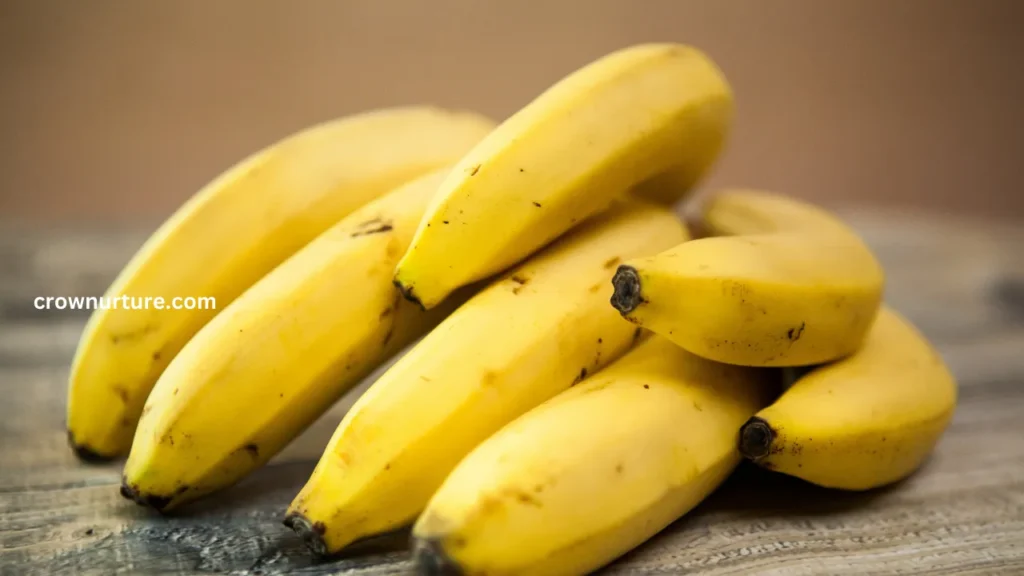
Contents
1. Crow Diet: A Diverse Palette
Crows are omnivores, meaning they eat both plant-based and animal-based food. Their natural diet consists of a wide range of items, including insects, small animals, carrion, seeds, nuts, and fruits. They are also scavengers, adept at finding food in human garbage or leftover scraps, which makes them highly adaptable to urban settings.
Their diet changes with the seasons. For instance, in summer, they consume more insects and small animals, while in autumn and winter, they rely on fruits, nuts, and seeds. This ability to shift their diet according to food availability is key to their survival in diverse habitats, from forests to cities.
Crows also play an essential ecological role by consuming carrion and waste, helping to clean the environment. This natural scavenging behavior benefits ecosystems, although it sometimes leads to conflicts with humans over food sources.
2. Opportunistic Feeders
Crows are incredibly opportunistic and will explore any potential food source. Their adaptability is driven by their intelligence and curiosity. They have been observed examining objects to determine if they are edible and often try new foods out of sheer inquisitiveness.
Their learning behavior sets them apart from many other birds. Crows not only discover food on their own but also learn from others in their group. For example, if one crow finds bananas as a viable food option, others in its social group may follow suit. This makes them quick adapters in new environments or situations.
Their survival strategy relies on their ability to exploit available resources, which is why they are found in both rural and urban areas, thriving wherever food is accessible.
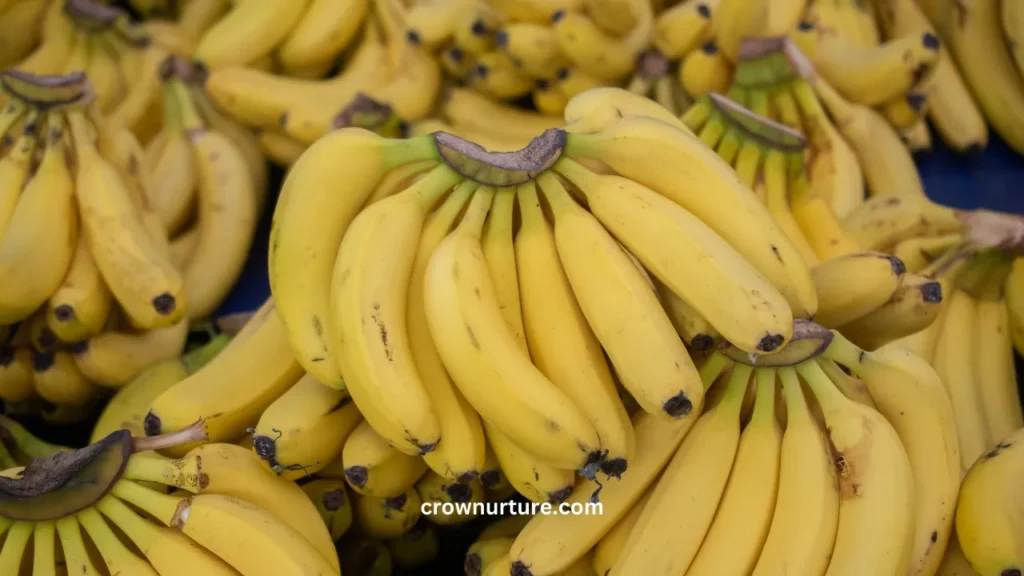
3. Nutritional Value of Fruit for Crows
Fruits are not a primary food source for crows but do play an occasional role in their diet. They often eat berries, apples, cherries, and grapes, which provide essential vitamins, minerals, and energy. These fruits are particularly valuable during breeding seasons or when other food sources are scarce.
Bananas, like other fruits, are rich in natural sugars and can provide an immediate energy boost. They also contain potassium, vitamin C, and fiber, all of which can contribute positively to a crow’s nutritional intake. However, fruits with high sugar content should only be an occasional treat, as too much sugar can disrupt their natural diet and digestion.
Moreover, fruits help with hydration, especially in dry or hot weather, as they have a high water content. This makes them a practical, albeit occasional, choice for crows looking for moisture.
4. Can Crows Eat Bananas?
While bananas are not a natural food source for crows, they can eat them under certain conditions:
- Ripe Bananas: Crows prefer soft, ripe bananas, as they are easier to peck at and digest. Unripe bananas might be too hard or unappealing for them.
- Availability: Crows are more likely to eat bananas if other food options are scarce. In areas where bananas are common, they may become a more regular part of their diet.
- Individual Preferences: Some crows might enjoy bananas, while others may ignore them altogether. Their taste preferences can vary among individuals.
However, there are risks associated with feeding bananas or other human foods:
- Overfeeding can cause dependency, where crows rely on humans instead of their natural scavenging abilities.
- Feeding sugary foods like bananas in excess can lead to nutritional imbalances or attract large flocks, creating potential nuisance.
- Interaction with human food sources can increase the risk of disease transmission.
5. Feeding Crows: Best Practices
If you want to feed crows responsibly, consider these guidelines:
- Provide Natural Food Sources: Offer unsalted nuts, seeds, or bird-friendly food mixes instead of sugary or processed foods.
- Limit Human Food: Avoid feeding bread, processed snacks, or sugary treats, which can harm their digestive system and overall health.
- Create a Balanced Environment: Instead of directly feeding crows, plant trees or shrubs that produce natural fruits and nuts to support their natural feeding habits.
- Observe and Learn: Watch how crows interact with their environment to better understand their dietary preferences and behaviors.
Feeding crows responsibly ensures their health while maintaining the balance of their ecosystem.
Conclusion
Crows are incredibly versatile omnivores capable of eating a wide range of foods, including fruits like bananas. While bananas are not a staple in their diet, they can provide occasional energy and hydration. However, feeding wild birds, including crows, requires care to avoid dependency or harm.
Encouraging crows to rely on their natural diet of insects, seeds, and carrion ensures they stay healthy and fulfill their ecological role. At the same time, occasional fruit consumption, like a small piece of banana, can be a harmless treat when provided in moderation.
Ultimately, understanding crows’ dietary habits helps us appreciate their intelligence and adaptability while fostering a healthier coexistence between humans and wildlife. These fascinating birds remind us of nature’s resilience and the need to tread lightly in our interactions with the natural world.
FAQs
1. Do crows eat bananas?
Yes, crows may eat bananas if they are ripe and accessible, but it’s not a regular part of their diet.
2. Are bananas healthy for crows?
Bananas can provide energy and nutrients like potassium but should be given sparingly to avoid disrupting their natural diet.
3. Do crows eat unripe bananas?
Crows are less likely to eat unripe bananas because they are harder and less appealing.
4. What fruits do crows eat?
Crows enjoy a variety of fruits, including berries, apples, cherries, and grapes, depending on availability.
5. Can I feed bananas to crows daily?
No, bananas or other human foods should not be fed daily as they can cause dependency and disrupt their diet.
6. What other foods can I feed crows?
You can provide unsalted nuts, seeds, grains, and bird-friendly mixes for a balanced and natural food option.
